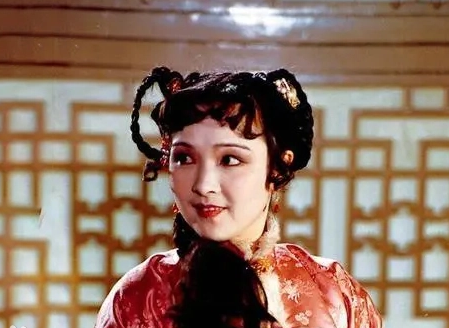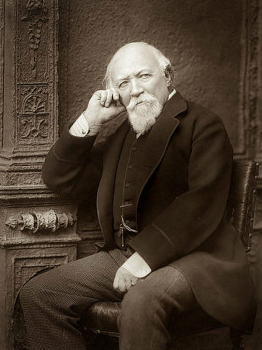After Qin Shi Huang united the six kingdoms, he thought that the powerful Qin Dynasty would last for a long time. However, the wheel of history turned sharply downward due to the emergence of a foolish emperor. This Qin Er Shi Hu Hai, who was later known as "killing his brother and usurping the throne", not only ended the glory of the Qin Dynasty, but also inscribed his name on the pillar of shame in history.

I. The Road to the Throne of Qin Er Shi Hu Hai
Hu Hai was the eighteenth son of Qin Shi Huang and originally had no chance to inherit the throne. However, a political coup in history completely changed his fate. After Qin Shi Huang died, his favorite minister Zhao Gao and chancellor Li Si conspired to falsify the testament, allowing Hu Hai to ascend the throne as the second emperor of the Qin Dynasty. This act directly led to power struggles and confusion within the Qin Dynasty, laying the groundwork for its rapid downfall.
II. The Rule and Tyranny of Qin Er Shi Hu Hai
During Hu Hai's reign, his political talent and governance philosophy were far inferior to his father Qin Shi Huang. He was obsessed with pleasure, indifferent to national affairs, and handed over the power of the court to Zhao Gao and others to control. In order to consolidate their positions, these people implemented tyranny, increasing the burden of corvée on the people, leading to boiling public resentment. At the same time, Hu Hai also listened to false rumors, killing his brothers and sisters, further weakening the internal cohesion of the Qin Dynasty.
III. The Rapid Fall of the Qin Dynasty and the Responsibility of Hu Hai
Under Hu Hai's rule, the power of the Qin Dynasty rapidly declined. Coupled with years of war and heavy taxes, the peasant uprising continued to erupt. In the end, the large-scale rebellion led by Chen Sheng and Wu Guang marked the end of the Qin Dynasty's rule. Hu Hai was killed in the chaos by Zhao Gao, and the Qin Dynasty subsequently fell. Although Hu Hai's reign was brief, his folly and political blunders bore irrevocable responsibility for the collapse of the Qin Dynasty.
IV. Historical Evaluation and Reflection
The evaluation of Hu Hai in history is generally negative, regarded as a representative of a foolish emperor. His method of ascending the throne, means of rule, and attitude towards the people have all become important reasons for the fall of the Qin Dynasty. However, from a deeper perspective, the collapse of the Qin Dynasty was also the result of the combined effects of multiple factors. Hu Hai's personal qualities and decision-making mistakes were only part of it.
In summary, the image of Qin Er Shi Hu Hai has always been negative in Chinese history, and his "killing his brother and usurping the throne" and folly have become objects of contempt. However, historical evaluation often requires more comprehensive and in-depth consideration. The fall of the Qin Dynasty was an inevitable outcome of history, and the emergence of Hu Hai only accelerated this process. By reflecting on Hu Hai and his era, we can better understand the development of history and the role of individuals within it.
Disclaimer: The above content is sourced from the internet and the copyright belongs to the original author. If there is any infringement of your original copyright, please inform us and we will delete the relevant content as soon as possible.































